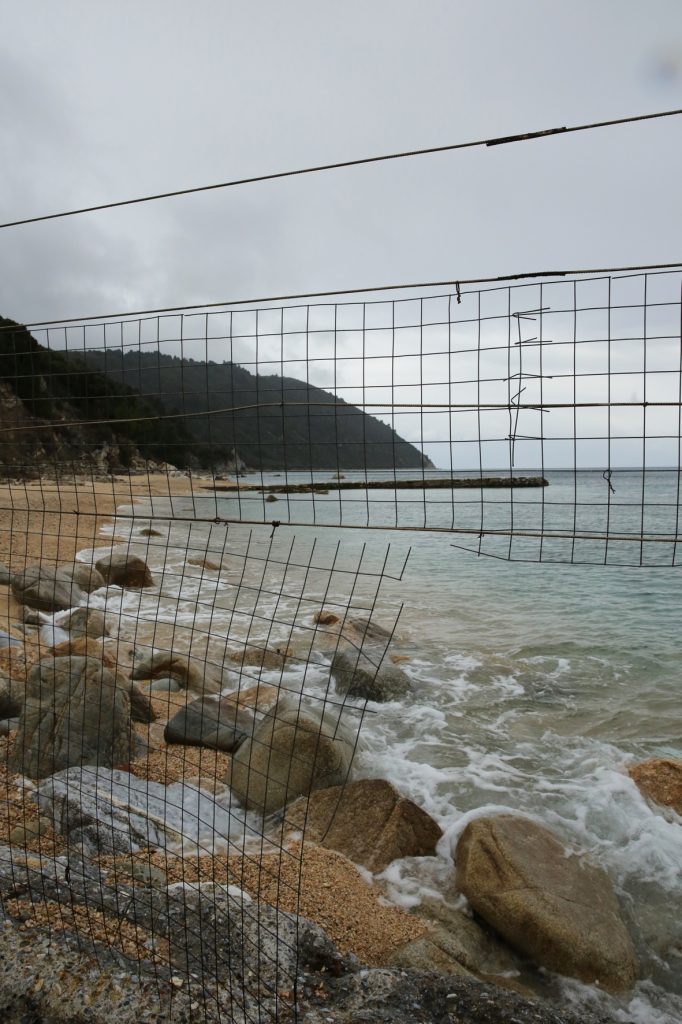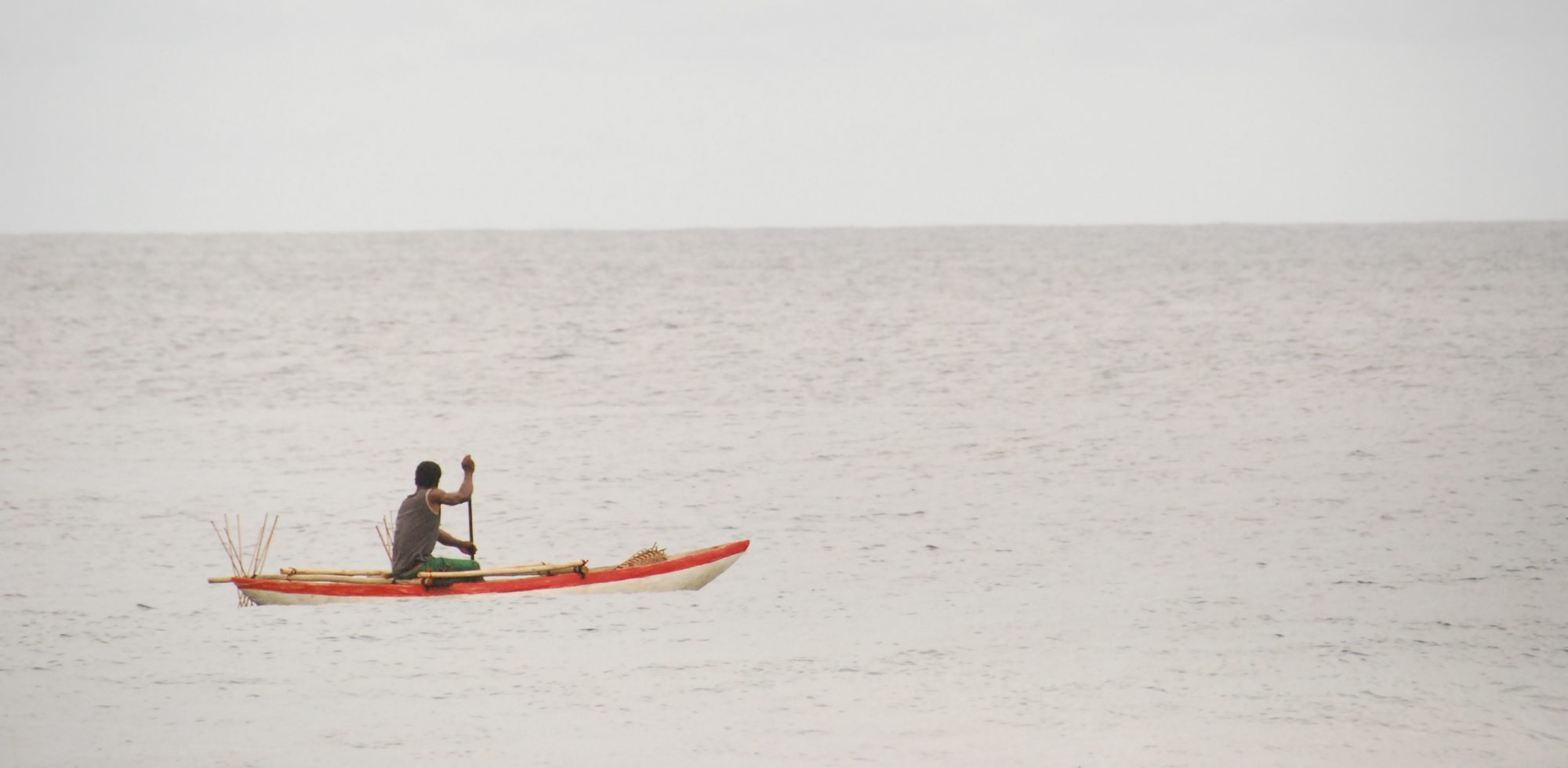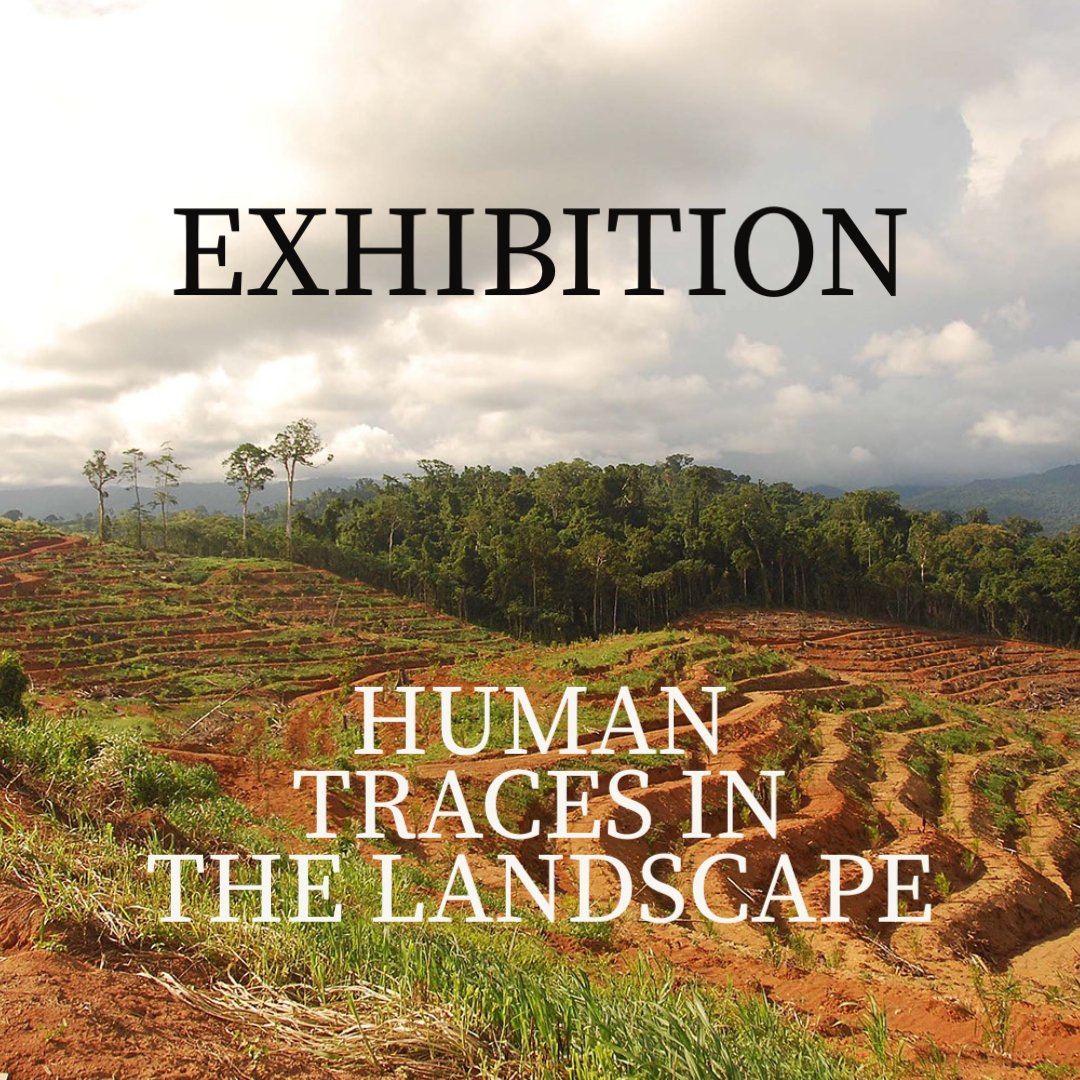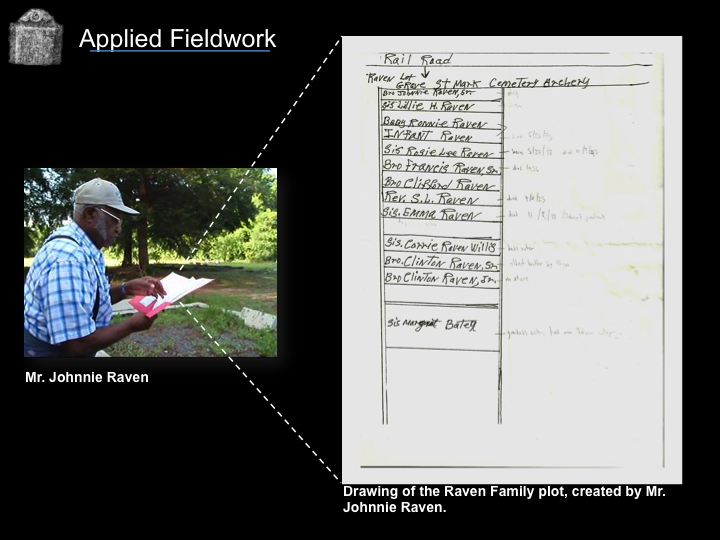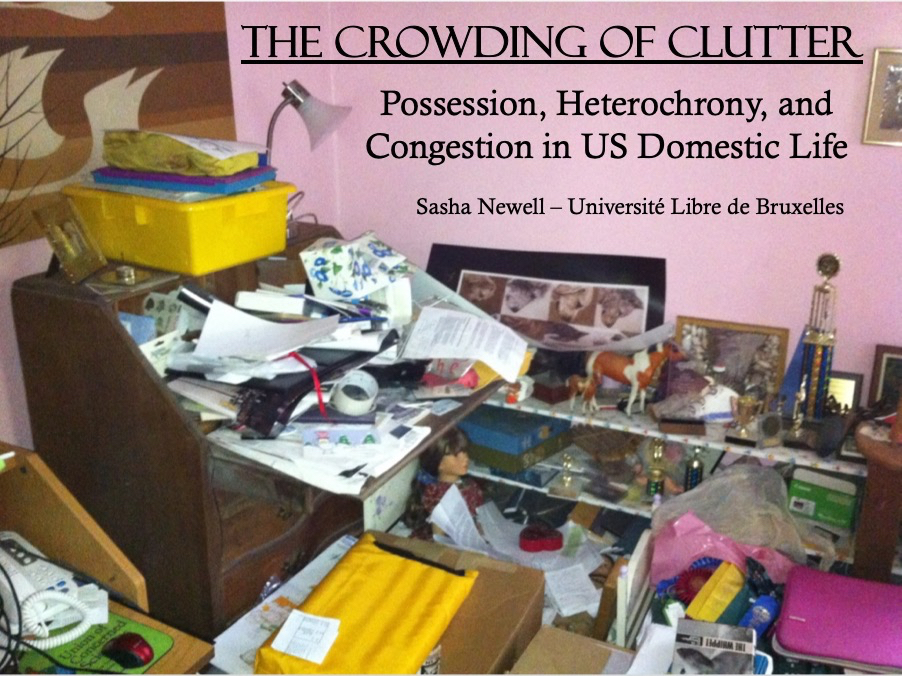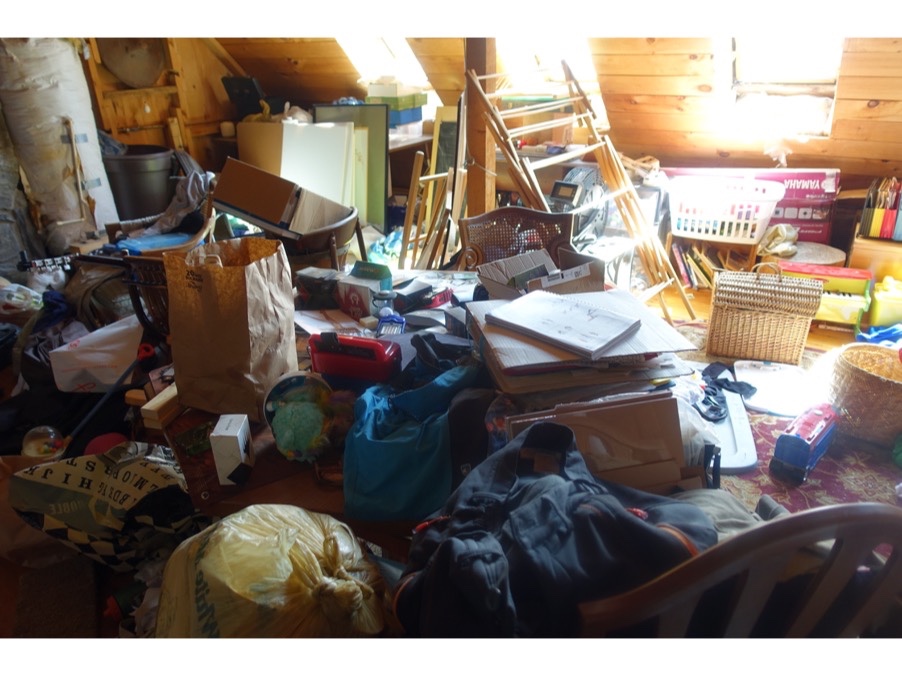Statement of solidarity with Students for Palestine Gaza Solidaarisuus Camp
Anthropology researchers’ letter of support for the striking students in the University Main Building
-
- No cuts of housing subsidies. On the contrary, the living conditions of all students — including international students — must be improved. More affordable housing must be constructed!
- No tuition fees for anyone! Not now and not ever. Access to education should not be commercialised!
- Mental health services for students must be guaranteed.
- Universities must stand behind our demands and show solidarity!
- We demand that the university takes a stand against racist immigration policies that further discriminate against international students and defends the possibility for students to concentrate on their studies without worrying about their livelihood, regardless of their nationality.
Matti Eräsaari, matti.erasaari@helsinki.fi
Online exhibition: Human traces in the landscape
Cultureels ethnographic film festival 12-18 April 2021
Anthro students arrange an online festival of ethnographic films on 12-18 April 2021. More information from this web address:
Friday seminar 25.9.: Loretta Ieng Tak Lou’s talk on freeganism and freecycling in Hong Kong
The Friday anthropology seminars are finally coming back on September 25th. We are beginning with Loretta Lou’s talk on freeganism and freecycling in Hong Kong (see below). The seminars will be held 4:15 – 5:45 pm on Fridays this semester, because of the time difference for some of our speakers.
Loretta Ieng Tak Lou, University of Macau and LSE will give a paper Freedom as ethical practices: on the possibility of freedom through freeganism and freecycling in Hong Kong on Friday, 25th September, 4:15 pm – 5:45 pm, Zoom
Abstract
Although the idea of freedom has been well studied as an ideal in political philosophy, relatively little scholarship has focused on the human experience of freedom. Drawing on ethnographic research between 2012 and 2013, I examine how freedom was achieved by people who practice freeganism and freecycling in Hong Kong. I show that the freedom that these people pursue, either individually or collectively, is not a freedom without constraints but a freedom that must be attained through the exercise of deliberation, restraint, and self-discipline. While freegans seek liberation by withdrawing from the world and practicing self-cultivation (chushi asceticism), freecyclers do so by engaging with worldly affairs in order to create social changes (rushi asceticism). In both cases, by reimagining freedom as ethical practices rather than a right that comes naturally with birth, freegans and freecyclers in Hong Kong are able to experience moments of freedom despite inevitable structural constraints.
Dr Loretta Ieng Tak Lou is a Lecturer in the Department of Sociology at the University of Macau, and currently a Visiting Fellow in the Department of Anthropology at the London School of Economics and Political Sciences (LSE). Contact her: lorettalou@um.edu.mo
The Zoom Link: https://helsinki.zoom.us/j/64938024243?pwd=bkhvcVMyaGVuMmxCaCtPUmZoSWRvQT09
Meeting ID: 649 3802 4243 Passcode: AnthSems
Call for personal reflections and diaries on everyday life during the COVID-19 pandemic [new research project by Elina Hartikainen and Venla Oikkonen]
Academy Research Fellow Elina Hartikainen (Social and Cultural Anthropology, University of Helsinki) and Venla Oikkonen (Gender Studies, Tampere University) are collecting material for a new research project that examines the impact of the COVID-19 pandemic on everyday life and experiences. Their joint project seeks to understand how experiences of the pandemic emerge and are made sense of in relation to place and locality, societal and political developments, and the global reach of the pandemic.
They invite all those interested to write accounts of their experiences of living with, or in anticipation of, COVID-19 [In English or Finnish].
For further information on the project and the full call for texts, see here.
Doctor Andrew Graan discussing fake news and anthropology on PoLAR
[…] So, where does fake news figure into all of this? I would like to suggest that fake news—both as deliberately false news stories and as a political epithet—constitutes a particular way of participating in a public. Let me explain.
Doctor Andrew Graan was invited to participate in Political and Legal Anthropology Review’s online series ‘Emergent Conversations’ with Meg Stalcup from the University of Ottawa and Adam Hodges from the University of Colorado Boulder. In this conversation, the researchers share their views on fake news, disinformation, and political propaganda. Below you can find a link to the first part of the conversation below.

Read more here!
Friday Seminar Series 13.3.: Antoinette Jackson, University of South Florida “Intangible Cultural Heritage and Living Communities – Curating ethnographic resources and engaging people”
Abstract:
A cultural heritage perspective places priority on values and meanings that people ascribe to places, things, and ways of remembering. This talk focuses on tensions, challenges, and rewards of engaging communities in curating ethnographic resources or resources that are defined as important to a people’s sense of purpose or way of life such as museums and other structures, personal artifacts, gravesites, and cultural and natural landscapes.
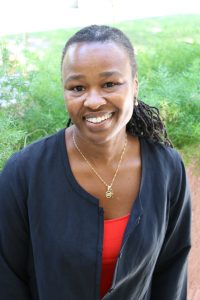 Antoinette Jackson is Professor of Anthropology at the University of South Florida (USF) in Tampa and Director of the USF Heritage Research Lab (http://heritagelab.org/). Dr. Jackson served as the Regional Cultural Anthropologist for the U.S. National Park Service Southeast Region (2012- 2016). She has led numerous heritage preservation research projects in community with undergraduate and graduate students in the US and in the Caribbean and her work is widely published. Her book Speaking for the Enslaved—Heritage Interpretation at Antebellum Plantation Sites, was published by Routledge in 2012. Her most recent book, Heritage, Tourism, and Race—The Other Side of Leisure, will be released April 2020.
Antoinette Jackson is Professor of Anthropology at the University of South Florida (USF) in Tampa and Director of the USF Heritage Research Lab (http://heritagelab.org/). Dr. Jackson served as the Regional Cultural Anthropologist for the U.S. National Park Service Southeast Region (2012- 2016). She has led numerous heritage preservation research projects in community with undergraduate and graduate students in the US and in the Caribbean and her work is widely published. Her book Speaking for the Enslaved—Heritage Interpretation at Antebellum Plantation Sites, was published by Routledge in 2012. Her most recent book, Heritage, Tourism, and Race—The Other Side of Leisure, will be released April 2020.
The Friday seminar is held 2-4 pm at Unioninkatu 35, Room 113/114. Everybody is welcome!
Friday Seminar Series 7.2 : Sasha Newell “The Crowding of Clutter: Possession, Heterochrony, and Congestion in U.S. Domestic Life”
The Crowding of Clutter: Possession, Heterochrony, and Congestion in U.S. Domestic Life
Sasha Newell, Université Libre de Bruxelles
February 7th 2020, 2-4 PM, Unioninkatu 35, Room 113/4
Building upon ethnography in U.S homes , this paper excavates affective intimacies with objects in relation to the animacy of accumulation. Unlike curated collections, accumulations of belongings grow and seep of their own accord in darkened corners, gradually accruing mass and inserting affective hooks into the tissue of their owners’ sociality, until they burst forth into visible space in ways that threaten normative values. Those who fail to contain such accumulations are classified as hoarders, their deviance essentialized as mental disorder, while others anxiously patrol the frontiers of ordered domestic space in hopes of keeping clutter at bay. Clutter is not only spatial but temporal, allowing for arcing constellations of temporal connections that congest and confuse the social space of the home, but also allow for contact and contemplation with both past and future potentiality. Because stored things are often part of the non-conscious cognitive dispositif through which memory, kinship, and temporality are intertwined, the affective force of possessions resists both mental and material containment.
New publications on borders and topology by Sarah Green
”Lines, traces, and tidemarks: further reflections on forms of border” in 2018, The political materialities of borders: new theoretical directions. Demetriou, O. & Dimova, R. (eds.). 1 ed. Manchester: University of Manchester, Vol. 2. p. 67-83 17 p. (Rethinking Borders). You can access the paper through the research portal.
“Entangled Borders” 2019. in Archivio antropologico mediterraneo. 21:2, pp. 1-14. This is open access and available here: https://journals.openedition.org/aam/1749
“Crosscuts” 2019. In Cultural Anthropology, “Theorising the Contemporary”, https://culanth.org/fieldsights/crosscuts
